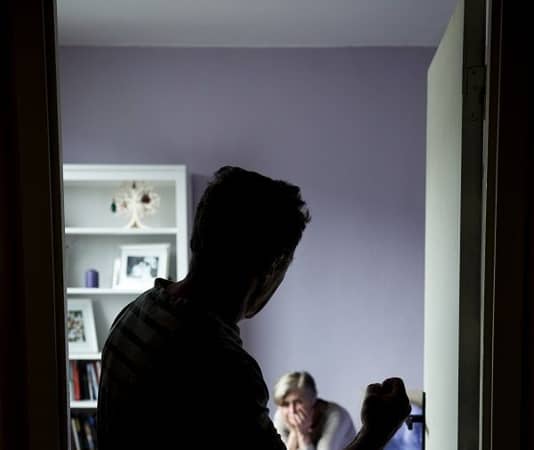Domestic Violence and Destruction of Property

Domestic violence is a serious crime and a serious problem. Thousands of victims in New Jersey suffer emotional, financial, and physical abuse at the hands of their partners or spouses. In an effort to protect the victims of domestic violence, New Jersey passed special legislation to address these crimes. Under the New Jersey law, statute 2C:25-17 includes destruction of property of another as part of criminal mischief and domestic violence. In a case called N.T.B. v. D.D.B., the New Jersey Appellate Court was faced with the issue of how destruction of property of another interacts with the definition of marital property.
In this case, the husband and wife both filed cross requests for restraining orders. The parties had a dispute, wherein the husband destroyed audio speakers located in the marital residence and later broke down the door to the bedroom. The wife then slapped the husband in the face. According to the wife, she and the parties’ child had fled to the bedroom and locked the door. She alleged the husband then broke down the door and blocked her exit, so she struck him. The husband denied blocking the exit and instead stated when he entered the bedroom, the wife punched him in the face. At the trial level, the court found that the wife failed to prove that the husband had committed criminal mischief under the definition of the statute because it was marital property and therefore not “property of another” as required by the law. The court accordingly denied the wife’s request for a domestic violence restraining order. The appellate court disagreed with the trial court’s assessment. The appellate court acknowledged that the speakers and the door were both part of the marital estate and were marital property. Therefore, the property belonged in part to the husband. However, because these items were marital property, the wife also had an interest in these items, making it also her property. The court ruled accordingly that marital property can qualify as “property of another” under the statute. The appellate court pointed out that to rule otherwise would be to provide abusers with a way to inflict domestic violence by destroying marital property.
If you have questions about restraining orders or domestic violence and its impact on your divorce, contact us today at (732) 529-6937. about your case and how to help you move forward in your life.



